Tampa Bay is experiencing significant growth, driven by advancements in technology and a rising demand for flexible workspaces. These developments are transforming property management and utilization, creating new opportunities for businesses and investors.
Property management companies are increasingly incorporating flexible office spaces to cater to modern business needs. These well-equipped coworking environments offer a range of amenities that attract tenants, allowing property owners to charge premium rates without the extensive costs associated with managing numerous individual tenant improvements. Additionally, the integration of advanced technologies, such as IoT and smart building systems, is optimizing operational efficiency and tenant satisfaction.
Understanding these trends is crucial for those looking to take advantage of Tampa Bay’s dynamic commercial real estate market. Embracing these changes can position investors and businesses at the forefront of this evolving landscape, ensuring they capitalize on the new opportunities presented by technological advancements and flexible workspaces.
Technological Advancements in Commercial Real Estate
Technology is revolutionizing the commercial real estate sector, bringing about more efficient management practices and enhanced tenant experiences. In Tampa Bay’s urban centers, where competition is fierce and the market is dynamic, embracing technological innovations can provide a significant edge.
Smart Buildings and IoT Integration

Smart buildings equipped with Internet of Things (IoT) devices are becoming increasingly common. These technologies allow for real-time monitoring and control of building systems, such as lighting, heating, ventilation, and security. For example, a building in downtown Tampa might use IoT sensors to optimize energy usage by adjusting lighting and temperature based on occupancy levels. This not only reduces operational costs but also enhances tenant comfort and satisfaction.
Investors and property managers who incorporate smart technologies can streamline operations, minimize maintenance issues, and respond swiftly to tenant needs. This level of efficiency and responsiveness can significantly boost a property’s value and appeal in the competitive Florida commercial real estate market.
Virtual Tours and Digital Transactions
The way we buy, sell, and lease commercial properties is also evolving. Virtual tours and digital transaction platforms have made the real estate process more accessible and efficient. Potential buyers and tenants can explore properties from anywhere in the world without the need for physical visits. For instance, a potential investor from New York can take a virtual tour of a Tampa office building and complete the transaction digitally, saving time and reducing the need for travel.
These technologies are particularly valuable in today’s fast-paced market, where speed and efficiency can be crucial in closing deals. For Tampa Bay investors, leveraging digital tools can open up new opportunities and streamline their investment processes. Additionally, these advancements expand the pool of potential investors in Florida commercial real estate, as interested parties from across the globe can easily access and evaluate properties without the constraints of physical location. This broader reach can attract more diverse investments, enhancing the overall market dynamics and growth potential in Tampa Bay.
Data Analytics and Market Insights

Data analytics is another powerful tool transforming the commercial real estate landscape. Advanced data analysis enables investors to gain deeper insights into market trends, property performance, and tenant behaviors. In a city like Tampa, where tourism and business activities significantly impact the commercial real estate market, having access to detailed data can inform better investment decisions and strategy planning.
By utilizing data-driven insights, investors can identify emerging opportunities, optimize property management, and enhance tenant retention. This proactive approach is essential for staying competitive in Tampa’s dynamic real estate market.
The Rise of Flexible Workspaces
The shift towards remote and hybrid work models has profoundly impacted the demand for commercial office spaces. Businesses are increasingly seeking flexible work environments that can adapt to their changing needs. In Tampa Bay, this trend is reshaping urban commercial real estate, with significant implications for investors.
Co-Working Spaces and Adaptable Offices
Co-working spaces and adaptable office environments are gaining traction, especially in urban centers like Tampa and St. Petersburg. These spaces offer a blend of shared and private offices, catering to freelancers, startups, and large corporations alike. They provide the flexibility to scale up or down as needed, without the long-term commitments of traditional leases.
For investors, flexible workspaces represent a lucrative opportunity. These spaces are in high demand as businesses seek agile solutions that support both in-office and remote work arrangements. By investing in co-working spaces or office buildings that can be easily reconfigured, investors can attract a diverse range of tenants and maximize occupancy rates.
Hybrid Work Models and Office Redesigns

The hybrid work model, combining remote and on-site work, is driving a reevaluation of office space requirements. Companies are reimagining their office layouts to include collaborative areas, hot desks, and amenities that support employee well-being. In Tampa, for instance, businesses are redesigning office spaces to foster collaboration and flexibility, reflecting the changing nature of work.
Investors who adapt to these trends can stay ahead of the curve. Properties that offer flexible layouts and amenities tailored to modern work needs are more likely to attract tenants looking for innovative and supportive work environments.
Demand for Short-Term Leases
The uncertainty brought about by economic shifts and evolving work patterns has increased the demand for short-term leases. Businesses prefer the flexibility of shorter lease agreements that allow them to adjust their space usage in response to changing needs. This trend is evident in Downtown Tampa and throughout Florida commercial hubs, where companies are looking for lease terms that offer both security and flexibility.
For investors, this means exploring lease structures that accommodate shorter commitments while maintaining profitability. Offering flexible lease options can attract a broader tenant base and provide stability in a fluctuating market.
Strategic Insights for Investors
To thrive in Tampa’s urban commercial real estate market, investors must embrace technological advancements and understand the shifting demands for flexible workspaces. Integrating smart technologies into property management can enhance efficiency and tenant satisfaction, driving up property values. Meanwhile, investing in flexible office spaces and offering adaptable lease terms can cater to the evolving needs of businesses.
Integrating LoRaWAN Technology
A recent development in Tampa Bay is the expansion of Senet’s public LoRaWAN network across the metro region. This technology enhances connectivity for IoT devices, which is critical for the efficient management of smart buildings. As Bruce Chatterley, CEO of Senet, states, “The expansion of our LoRaWAN network in Tampa Bay underscores our commitment to providing scalable and reliable IoT connectivity, which is essential for modern smart buildings and urban infrastructure” (Senet). Investors who leverage such advanced technologies can significantly enhance their property management capabilities and tenant experiences.
By actively embracing these technological advancements and flexible workspace solutions, investors can gain a competitive edge in Florida’s commercial real estate market. Adapting to these changes not only enhances operational efficiency and tenant satisfaction but also opens up new avenues for growth and profitability in an ever-evolving industry.
In the final part of this series, we will explore the growth potential in Florida’s secondary markets and the importance of resilience and disaster preparedness in commercial real estate investments. Stay tuned to learn how these factors are shaping investment opportunities in the state.
Frequently Asked Questions
Question: How can investing in smart buildings benefit commercial real estate owners in Florida?
Answer: Investing in smart buildings can reduce operational costs, enhance tenant satisfaction, and increase property value through the use of IoT technologies that optimize energy use and improve security.
Question: What are the advantages of offering flexible workspaces for commercial property investors?
Answer: Flexible workspaces attract a diverse range of tenants, including freelancers, startups, and large corporations, by providing adaptable office solutions that can scale with changing business needs, leading to higher occupancy rates and tenant retention.
Question: Why is there a growing demand for short-term leases in Florida’s commercial real estate market?
Answer: The demand for short-term leases is increasing as businesses seek flexibility to adapt to economic shifts and evolving work patterns, allowing them to manage space usage more effectively without long-term commitments.



